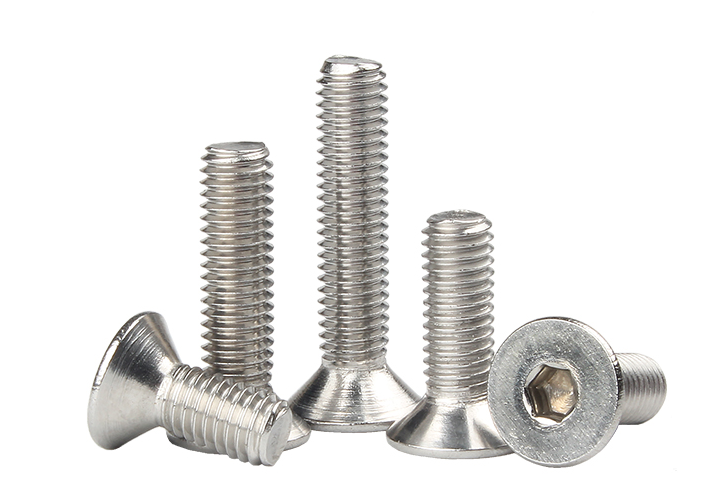

Types of Flange Bolts and Nuts Used in Industrial Applications for Enhanced Connectivity and Strength
Jul . 27, 2024 14:14 Back to list
Types of Flange Bolts and Nuts Used in Industrial Applications for Enhanced Connectivity and Strength
Flange Bolts and Nuts Essential Components for Structural Integrity
Flange bolts and nuts are crucial components in mechanical engineering and construction that ensure the integrity and stability of various assemblies. These fasteners are engineered to connect flanged parts, creating a robust joint that can withstand significant loads and pressures. Understanding their design, application, and advantages is essential for anyone involved in engineering, manufacturing, or construction.
Design and Characteristics
Flange bolts are characterized by their unique head design, which is typically wider than standard bolts. This design allows for a larger bearing surface, distributing the load over a wider area and reducing the risk of damage to the material being fastened. Flange bolts are often manufactured with an integrally machined washer-like base, which helps to further distribute pressure and provides a seal to prevent leakage when used in piping applications.
The corresponding nuts, usually hexagonal, are designed to secure the flange bolt in place. However, it's important to note that flange nuts can also feature a self-locking mechanism to enhance stability and ensure that the connection remains tight over time, even under fluctuating loads and vibrations.
Applications
Flange bolts and nuts are used across a wide variety of industries, including automotive, aerospace, construction, and manufacturing. They are particularly common in applications where high strength and tight sealing are required, such as in piping systems for oil and gas, chemical processing, and water distribution. The ability of flange bolts to maintain a secure connection under high pressure makes them integral to the safety and effectiveness of many infrastructure projects.
flange bolts and nuts

In the automotive industry, flange bolts are often found in critical components such as engines and transmissions
. Their reliability helps to ensure the performance and longevity of vehicles, making them a preferred choice for manufacturers.Advantages
One of the primary advantages of using flange bolts and nuts is their high load-bearing capacity. The design allows for a stronger grip than conventional bolts, making them suitable for heavy-duty applications. Additionally, the wider base of flange bolts helps to prevent loosening due to vibration, a common issue in many industrial settings.
Another significant benefit is the ease of installation. Flange bolts can often be torqued more effectively, which leads to a more reliable joint. Their design facilitates quicker assembly, reducing the time and labor costs associated with installation.
Moreover, flange bolts and nuts contribute to a more streamlined look in assemblies, as the flange creates a cleaner appearance compared to other fastening methods. This aesthetic benefit is particularly valuable in applications where visual appeal is essential.
Conclusion
In conclusion, flange bolts and nuts play a vital role in ensuring the strength and durability of various mechanical assemblies. Their unique design, high load capacity, and ease of installation make them indispensable in numerous industries. As engineering standards continue to evolve, the demand for reliable and efficient fastening solutions like flange bolts and nuts will undoubtedly remain high. Understanding the material properties, application scenarios, and installation techniques of these fasteners is essential for engineers and manufacturers striving for excellence in their projects.
Latest news
-
High-Strength Hot-Dip Galvanized Bolts-Hebei Longze|Corrosion Resistance&High Strength
NewsJul.30,2025
-
Hot Dip Galvanized Bolts-Hebei Longze|Corrosion Resistance&High Strength
NewsJul.30,2025
-
Hot Dip Galvanized Bolts - Hebei Longze | Corrosion Resistance, High Strength
NewsJul.30,2025
-
High-Strength Hot Dip Galvanized Bolts-Hebei Longze|Corrosion Resistance, Grade 8.8
NewsJul.30,2025
-
Hot Dip Galvanized Bolts-Hebei Longze|Corrosion Resistance,High Strength
NewsJul.29,2025
-
High-Strength Hot Dip Galvanized Bolts - Hebei Longze Metal Products Manufacturing Co., Ltd.|corrosion resistance&high strength
NewsJul.29,2025

